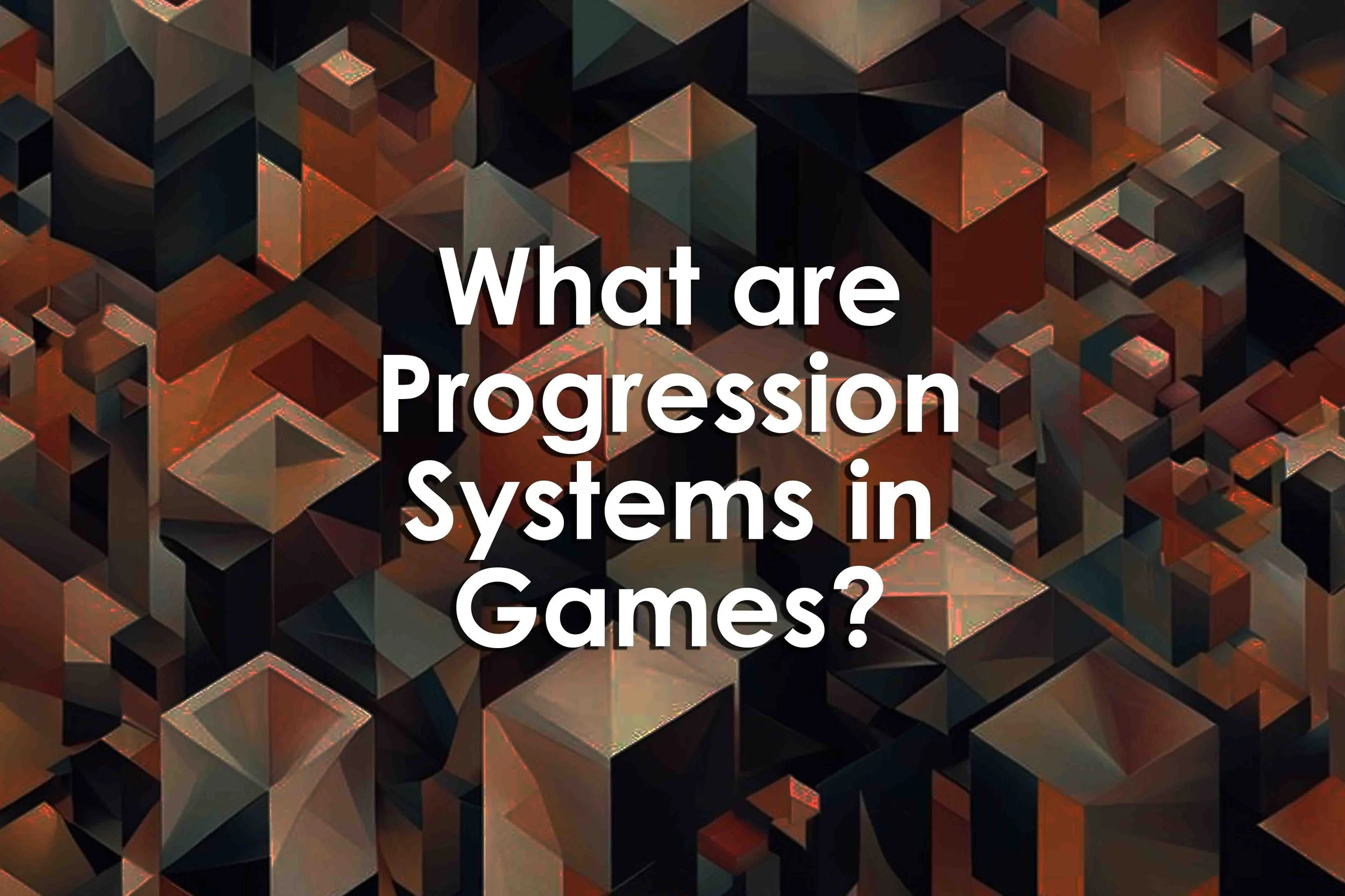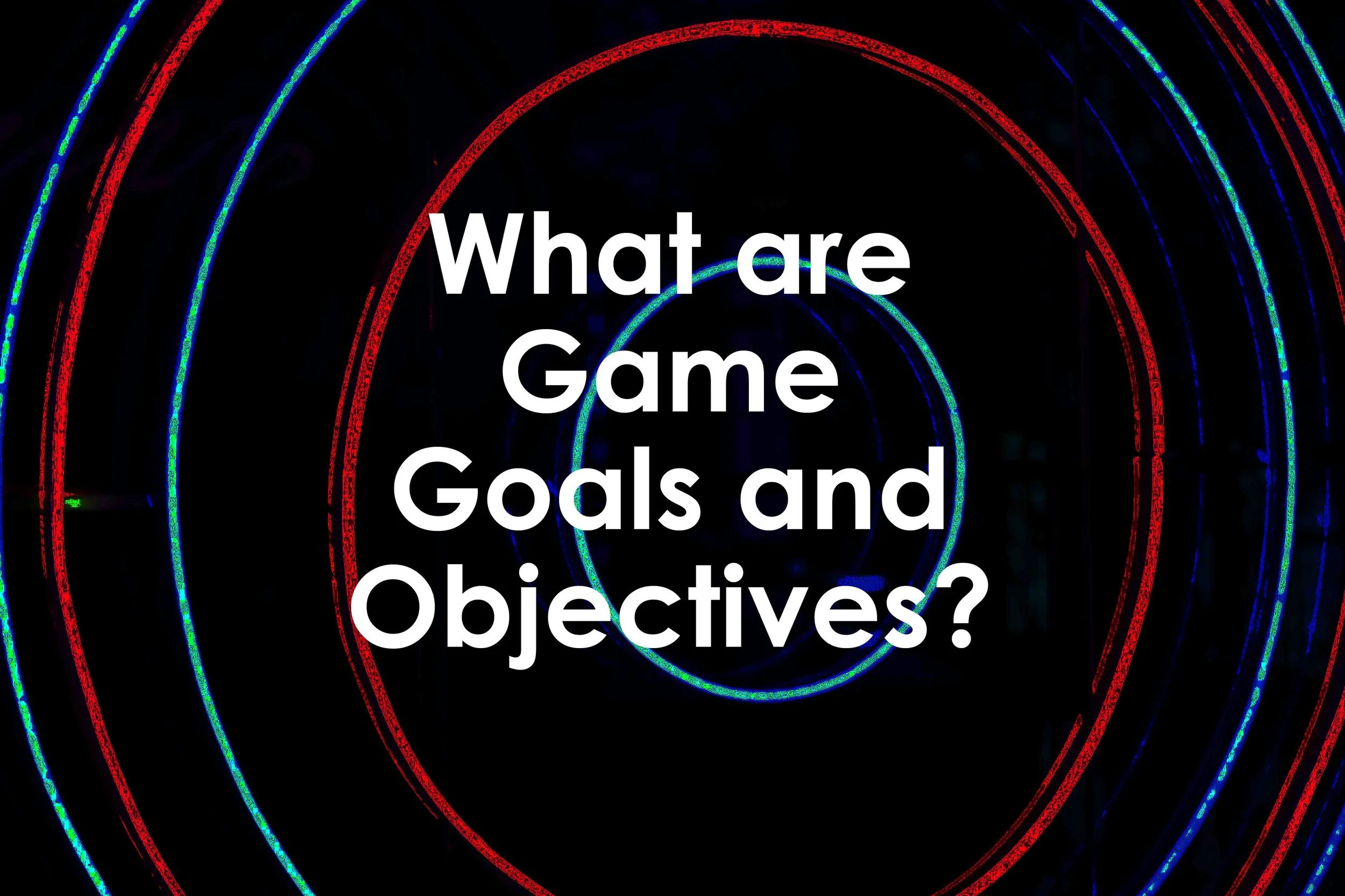This article will examine progression systems in games closely. It’ll start by defining these systems and why they are so important. Different types of progression systems will be covered as well as how common features of progression systems are present in games. The core loop, as well as goals and objectives of games are tightly connected to progression systems. Therefore, these disparate areas will be connected and related to how different examples of progression systems use them in concert with one another.
Read MoreWhat makes the “ideal” board games player? Some say that it takes someone who fully understands the rules. Others would say that it’s more about those who pay attention to the game rather than be subjected to distractions. Some feel that it’s tactical play and strategic thinking that makes the ideal tabletop player.
Read MoreThis article will also cover how game goals work in concert with player agency and how designers can take advantage of player skill development while simultaneously mitigating luck and randomness. The player experience represents the defining factor for players engaging with games for learning; so, player feedback loops as well as how failure is addressed will also be considered.
Read MoreThis article provides an overview of how you can teach someone to play a game. It describes game literacy as a starting place for helping someone learn how to play a new game. Often, the game that you select should work well for player types, tastes, and experiences.
Read MoreThis article provides a definition of player agency in games. Player agency includes making sure that players are provided with meaningful decisions during their play. This article reviews the concepts and scope of players’ meaningful decisions as well as the requisite components that make up player agency. Player agency is reviewed from multiple perspectives. Those perspectives include from within the magic circle; from within the game design; and lastly from the designer.
Read MoreHelping a player make informed and meaningful choices is part of what makes good games great. Those meaningful choices provide the player weight and substance to their player experience. But often in the pursuit of creating interactive and engaging experiences, we often fall into the trap of creating meaningless choices.
Read More





